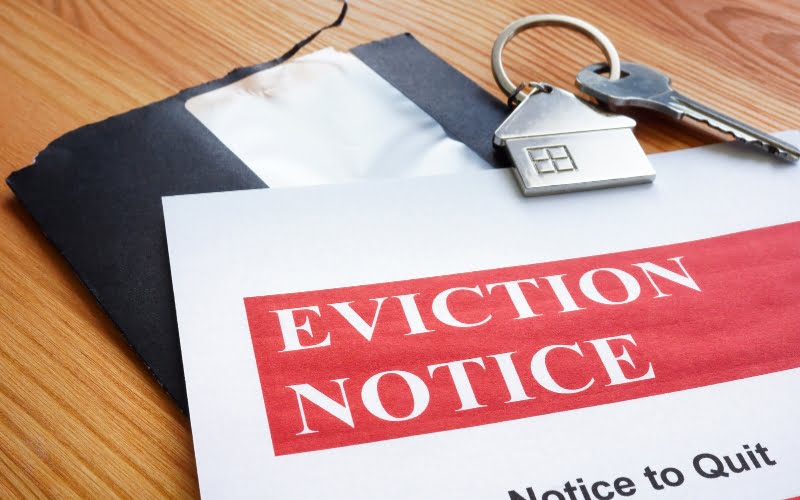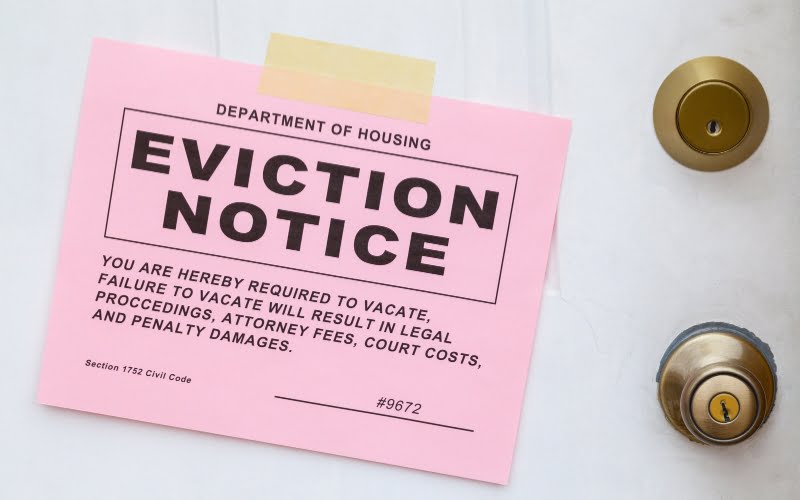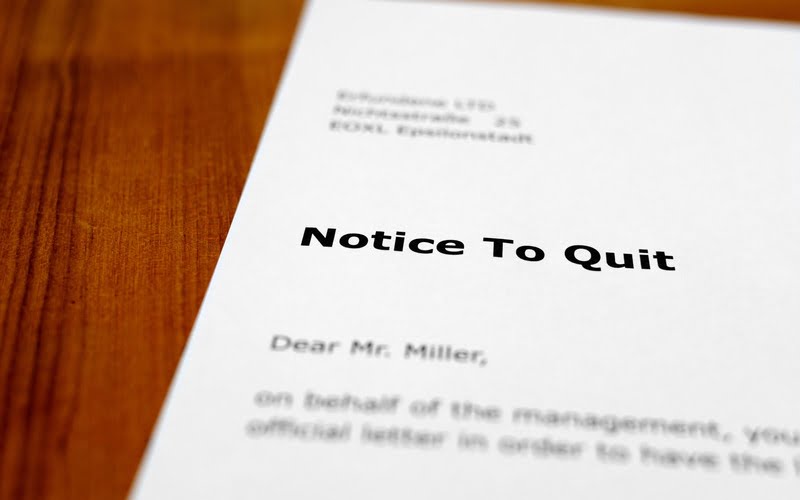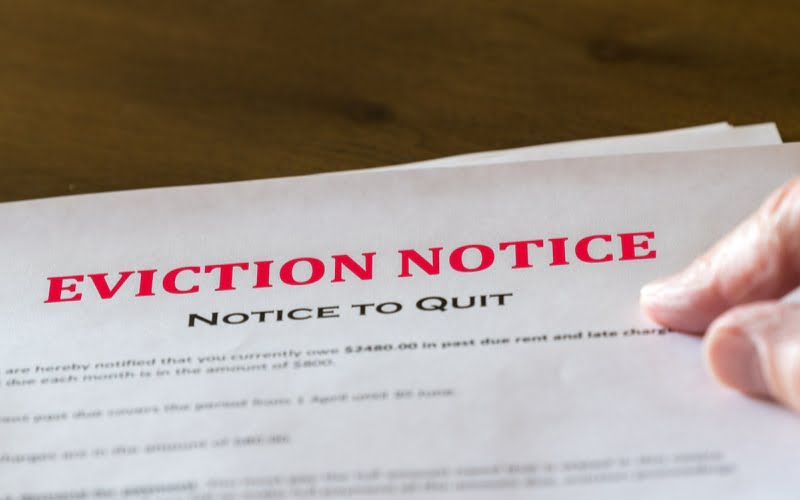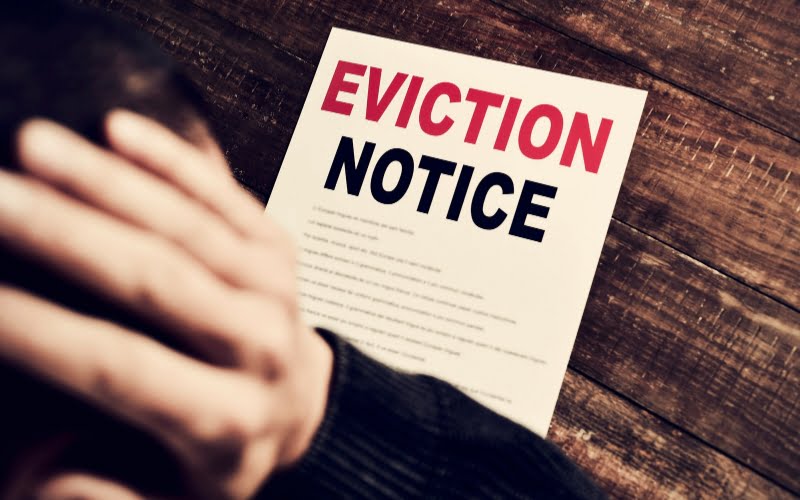Last Updated on March 18, 2024 by Kelvin Nielsen
A wrongful eviction in Arizona is one where the landlord violates the statewide eviction laws. For example, removing the tenant’s belongings, locking them out, or shutting down a utility.
Now, the Arizona Landlord & Tenant Act gives tenants certain rights and responsibilities. And among these is the right to evict a tenant for certain legitimate reasons. In Arizona, they include the following.
- Failure by a tenant to pay rent when it’s due.
- Failure by a tenant to move out after the lease expires.
- Committing a lease violation.
- Committing an illegal act.
Be that as it may, you have a duty to follow the statewide tenant eviction process. You must not attempt to take matters into your own hands.
In this blog, we’ll take you through everything you need to know about what wrongful evictions in Arizona entail and what you must do to avoid them.
What is a Wrongful Eviction in Arizona?
To evict a tenant in Arizona for any of the reasons aforementioned, you must follow the law to the letter. Doing anything outside the parameters of the law will constitute an illegal eviction process.
A wrongful eviction occurs when a landlord threatens the tenant’s peace or quiet, engages in threats and intimidation, or performs an action aimed at making the unit uninhabitable for a tenant.
Now, evicting a tenant illegally does come with severe consequences for a landlord. It has the potential to cost far more than you would have spent following the right process. In fact, In Arizona, in addition to the filing, court, and service fees associated with an eviction, you may still be liable for the tenant’s legal fees, lost rent, and even emotional distress damages.
The Arizona Landlord & Tenant Act allows tenants to recover up to two months’ rent in damages, or 2X the actual financial harm suffered, whichever is great.
What Constitutes a Wrongful Eviction in Arizona?
These come in many shapes and sizes. However, all of them hinge on the landlord taking matters into their own hands. The following are a few examples of what can constitute a wrongful eviction in Arizona.
- Evicting a tenant without having a valid reason. Remember, the Arizona Landlord & Tenant Act requires that a landlord have a legitimate reason to evict a tenant. You cannot just wake up one day and decide to kick out a tenant simply because you no longer like them.
As already aforementioned, just causes for a tenant eviction in Arizona include: nonpayment of rent, illegal activity, and lease violation.
- Evicting a tenant without following the proper eviction process. Once you have a legal justification to evict a tenant, you must then follow the proper process. Which includes: serving the tenant with a proper eviction notice, filing a lawsuit, and ultimately obtaining a court order.
Failure to follow these procedures will be considered an illegal eviction. The eviction will not only stop or delay, but may also have legal and financial repercussions for the landlord.
- Evicting a tenant in retaliation. Tenants have a right to exercise certain rights. For instance, the right to form or join a tenants’ union to advocate for their rights, and to report a landlord to local authorities for habitability issues.
If you try to evict the tenant because of doing any of those things, the eviction would be considered illegal.
- Evicting a tenant in a discriminatory manner. As a landlord, you have a duty to abide by federal and state fair housing laws. Basically, this means treating tenants fairly regardless of their race, color, religion, sex, familial status, or disability. If you attempt to evict a tenant for any of these characteristics, the eviction would be considered wrongful.
- Evicting a tenant using “self-help” eviction tactics. These tactics are illegal in all of the 50 U.S. states. Examples of these tactics include: changing the locks, removing a tenant’s personal belongings, shutting off the tenant’s utilities, threatening or intimidating the tenant, and creating a hostile environment for the tenant.
How can a landlord avoid a wrongful eviction in Arizona?
The only way to avoid a wrongful eviction is by following the law. The Arizona Landlord & Tenant Act is clear on what a landlord must do to remove a tenant from their rented premises.
If evicting the tenant for nonpayment of rent, for instance, the following is the step-by-step process that you must follow.
Step 1: Serve the tenant with an eviction notice for nonpayment of rent.
You must serve the tenant with the appropriate eviction notice for not paying rent on time. In this case, you must serve the tenant with the 5-Day Notice to Quit. This will provide the tenant with two options – pay the rent due or leave within the 5 days.
If the tenant doesn’t pay the rent or move out within 5 days, you can move to court and file a lawsuit.
Step #2: File a complaint in either a Justice Court or the Superior Court.
After the 5 days are over, you can escalate the matter further by going to court. You can file the lawsuit (Forcible Entry Detainer) in either a Justice Court or the Superior Court depending on the size of the lawsuit.
Step #3: The tenant is served.
After your lawsuit has been notarized by the court’s clerk, copies of the Summons and Complaint will be issued. These will then need to be served to the tenant using a process server.
You can generally expect the court hearing to be held no later than 5 days after the filing of the complaint.
Step #4: The tenant files an answer.
The tenant can choose to fight or admit the landlord’s allegations. If the tenant chooses to fight their eviction, the following are some of the defenses they can give.
- The eviction notice you served them had critical errors.
- The eviction notice was served irregularly.
- The tenant paid the due rent within the five days required by the notice.
- The eviction is an act of retaliation against the tenant for exercising their legal rights.
- The eviction is discriminatory.
- The tenant paid rent on time and you’re simply harassing them.
Step #5: The tenant files a counterclaim.
In addition to filing an answer, the tenant can also file a counterclaim. Tenants get to do so if they believe that the landlord owes them money because of a lease violation.
Step #6: Hearing is held.
Once the complaint is successfully filed, you can expect the hearing to take place within 5 days. Both parties have the option to make the initial appearance via phone or video conference.
If the judgment is in your favor, the court will issue you with a Writ of Restitution. This will give the tenant 5 calendar days to move out after the judgment is entered. The only exception here is if the tenant files an appeal.
Conclusion
When it comes to evicting a tenant, landlords have a responsibility to follow the law. There are simply no shortcuts to the process. You must obtain the court order to successfully get possession of the property back.
Disclosure: The content herein isn’t a substitute for advice from a professional attorney. It’s only meant to serve educational purposes. If you have a specific question, kindly seek expert attorney services.
Sources: www.tenantlawcenter.org/self-help-eviction-tactics, https://www.azleg.gov/, www.azleg.gov/ars/33/01301.htm,

Hi, I’m Kelvin Nielsen, an experienced landlord and accomplished real estate lawyer. My focus is on answering your questions about renting in the hopes of making your life as a renter or a landlord a bit easier.

